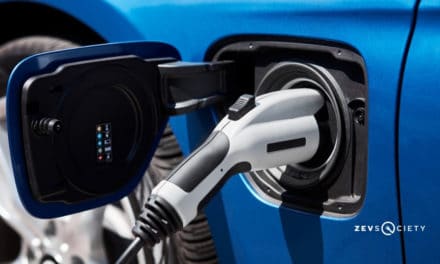In the past few years, electric cars have become increasingly popular. Many people are drawn to the idea of owning an eco-friendly car that doesn’t produce harmful emissions. However, there are also some drawbacks to electric vehicles that you should be aware of before making a purchase. Here are some pros and cons of electric cars that you need to know.
Pros of EVs
Environmentally Friendly
Electric cars are more environmentally friendly than gasoline-powered cars. One of the main reasons people choose to buy electric vehicles is because they want to do their part to help the environment. Electric cars produce zero emissions, so they don’t contribute to air pollution or climate change in the same way that gas-powered cars do.
Cheaper To Operate
Electric cars are cheaper to operate than gasoline-powered cars. If you’re looking to save money on your transportation costs, an electric car may be a good choice for you. Electric cars cost less to operate than gas-powered cars because you don’t have to pay for gas. You’ll only need to charge your car’s battery, which is much cheaper than buying gas. In addition, electric cars typically have lower maintenance costs than gas-powered cars.
Ability To Gain Tax Credits
Electric vehicles often qualify for tax credits and other incentives. In many cases, you can get a tax credit for buying an electric car. This can offset the higher cost of an electric car and make it more affordable. In addition, some states offer additional incentives, such as discounts on parking and charging fees.
Cons of EVs
Shorter Range
One of the biggest drawbacks of electric cars is that they have a shorter range than gasoline-powered cars before needing to be recharged. This means that you may not be able to take long road trips in your electric car without stopping to recharge along the way, which can take some time. For example, the Chevrolet Bolt has a range of 238 miles before needing to be recharged, while the Tesla Model S has a range of 335 miles. In comparison, a typical gasoline-powered car can travel for over 400 miles on a single tank of gas.
Longer Charge Times
Another drawback of electric vehicles is that they can take longer to recharge than it takes to refill a tank of gas. Depending on the type of charger you use, it can take anywhere from 30 minutes to 12 hours to recharge your electric car. If you’re planning on using your car for short errands around town, this might not be a big deal. However, if you need your car for longer trips, it’s important to factor in the time it will take to recharge so that you don’t end up stranded somewhere.
Conclusion
Although there are some drawbacks, there are also many benefits associated with owning an electric car. If you’re considering buying an electric vehicle, it’s essential to do your research so that you understand both the pros and cons before making a purchase.









